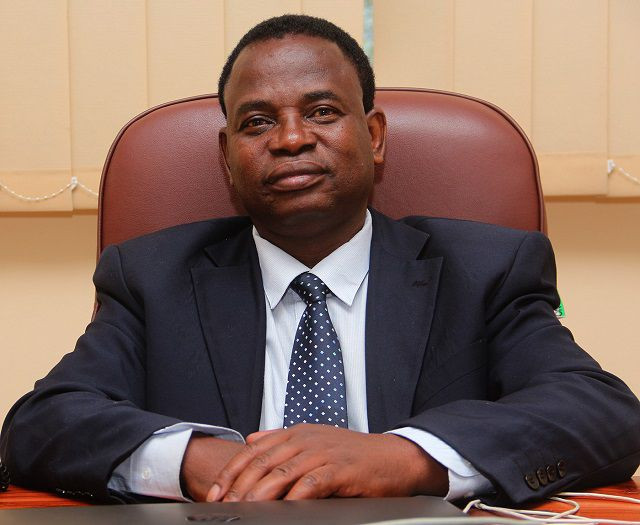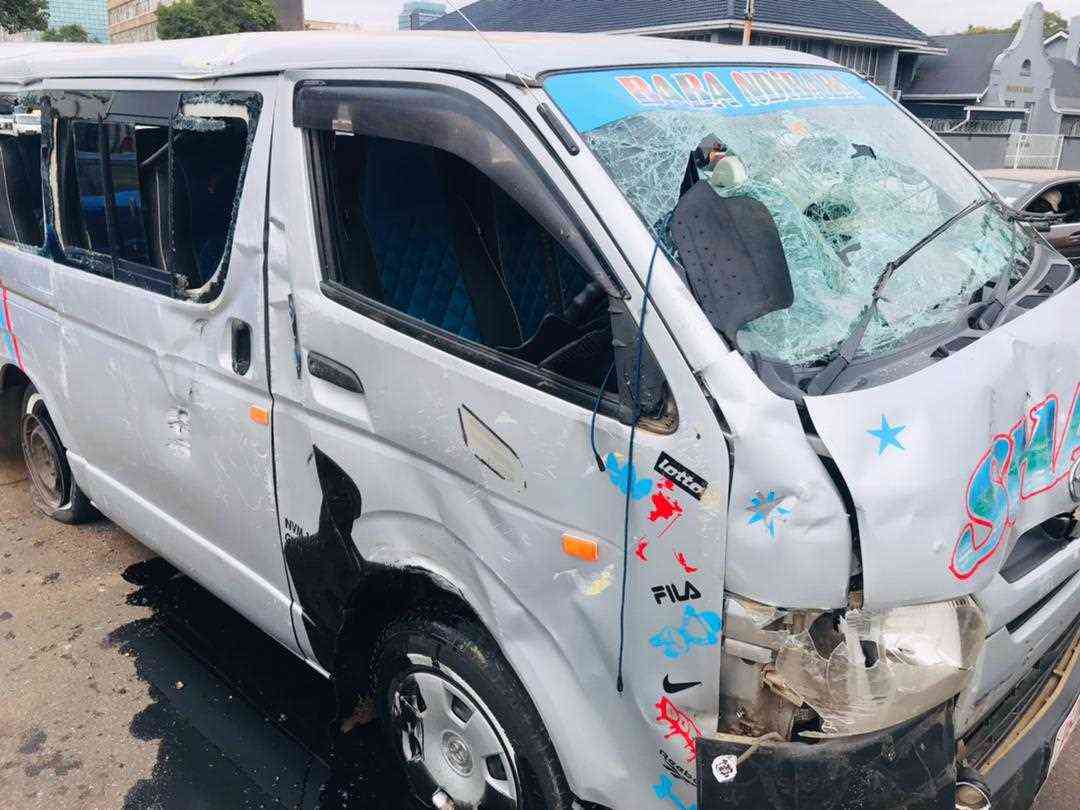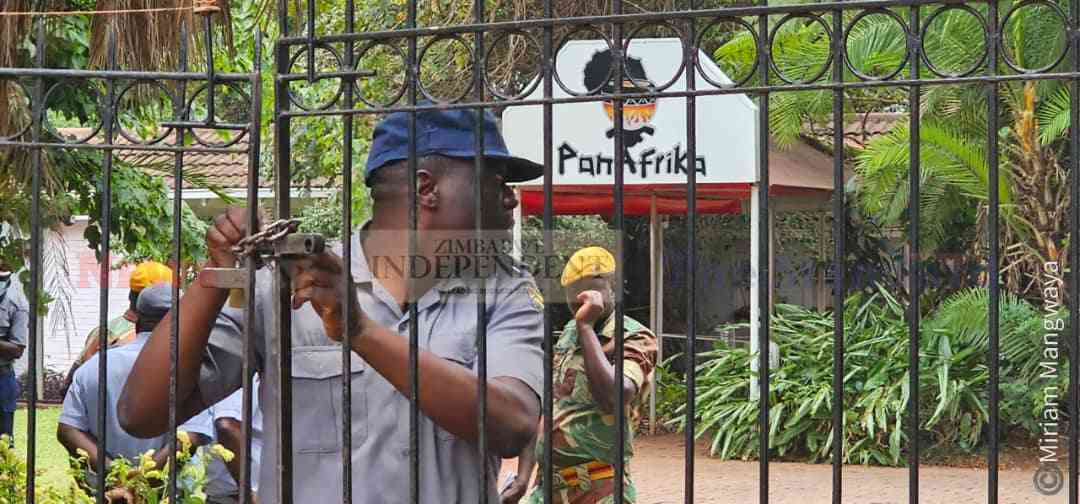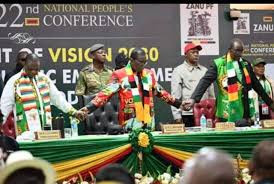
The Bulawayo City Council has turned down a request by a Zanu PF-linked association to hold an anti-sanctions event at the Large City Hall for free.
Town clerk, Christopher Dube, received a letter dated July 7 from the Movement Against Zim Sanctions requesting for a venue to host the event at the City Hall.
The letter was signed by national organising secretary of the movement, one G Nkomo.
Nkomo said the event was scheduled for July 26.
“The event aims at raising awareness on the negative effect of illegal unilateral sanctions imposed on our country,” the letter read in part.
“The event also aims to promote health, wellness, and community engagement while having fun.
“We are reaching out to seek your assistance to make this event a success.”
“Your support would not only contribute to the success of our event but also promote your organisation and values.”
- Uproar over census figures
- Byo Arts Festival in turmoil…One year later, festival has yet to pay artists…Organisers play cat and mouse with artists
- Bulawayo struggles to clear housing backlog
- Council acts tough on debts
Keep Reading
According to the current policy, council grants free use of its facilities solely for national events such as Independence Day, Heroes Day, and Defence Forces Day.
Private voluntary organisations and special needs groups may receive a 50% discount when their applications are submitted to the general purposes committee for consideration.
“This organisation did not fall under the organisations mentioned in the current policy, hence free use could not be granted,” the council report read.
“It was, therefore, resolved to recommend that the application by the Movement Against Zim Sanctions for free use of the city halls be not acceded to; instead the movement against Zim Sanctions shall pay 100% of the relevant hire charges.”
The United States, European Union and the United Kingdom first introduced targeted sanctions against Zimbabwean individuals and entities in 2001 for alleged election rigging and human rights abuses.
The ruling Zanu PF party blames sanctions for the collapse of the country’s economy.
The EU and UK have since removed all entities on their Zimbabwe sanctions lists.
An EU arms embargo and US corruption sanctions remain.
Last year, the US terminated the sanctions programme, but imposed fresh restrictive measures and tightened them on President Emmerson Mnangagwa, his wife, Auxilia, and others said to be violating people’s rights and engaging in corruption.
From now on, sanctions on Zimbabwe will apply to individuals and businesses listed under the Global Magnitsky Act of 2016.
This Act authorises the US government to sanction foreign government officials worldwide for alleged human rights abuses, freeze their assets, and ban them from entering the US on unofficial business.










